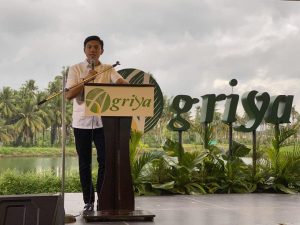
Panabo City, the business district of Davao del Norte, will soon become not just the main agri-tourism attraction of Southern Mindanao, but also of the entire Mindanao.
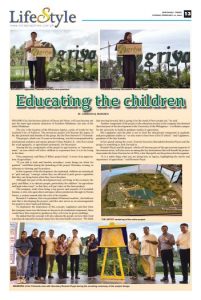
The city is the location of the 88-hectare Agriya, a play of words for Agricultural City of Anflocor. The mixed-use project will become the legacy of the late patriarch and founder of the group, the late Don Antonio O. Floirendo.
The project, which was 10 years in the making, was first conceptualized by international architect and master planner Felino Palafox Jr., who first coined the word agropolis, or agricultural metropolis, for the project.
Among the key components of the project is agri-tourism, or “naturetainment,” an area which will allow children to experience how it is to be living in the farm..
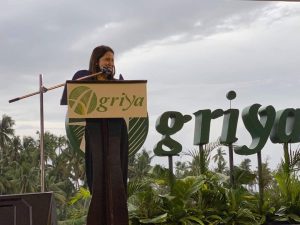
This component, said Macy P. Bibat, project head, “is more of an appreciation of agriculture.”
“If you talk to kids and families nowadays, some things are taken for granted,” said Bibat during the launching of the project Thursday evening, in reference to farming and its produce.
In this segment of the development, she explained, children are introduced to “pick and pay” concept, where they are allowed to pick grown vegetables that they can bring home when they leave the place.
Although this part of the development may not bring in the revenues, the goal, said Bibat, is to educate people, particularly the children “on agriculture and high-value crops” so that they will put value on the farm produce.
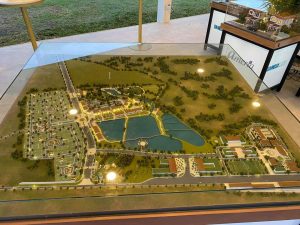
The company, aside from being a top grower and exporter of Cavendish banana, is also into agriculture and aqua culture production through its Nenita Farms, a venture named after the wife of the founder.
Ricardo F. Ladameo, first vice president of Damosa Land Inc., the Anflocor arm that is developing the project, said this also serves as an encouragement for people to have backyard farming.
To emphasize the importance of this concept, Lagdameo said that when the company turns over the houses to buyers in its residential component, these would have their respective gardens as they will even be given seedlings.
He added that this concept will also educate the people on how their food is produced especially because many have become health conscious. “We think that moving forward, that is going to be the trend of how people eat,” he said.
Another component of the project is the education section as the company has donated three hectares of the development to the University of the Philippines – Los Baños campus for the university to build its graduate studies in agriculture.
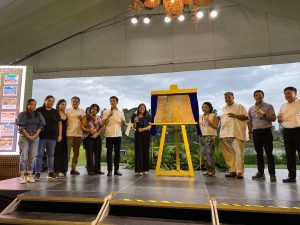
But Lagdameo said the plan is not to limit the educational component to graduate and post-graduate studies as “we also want to have here a Kto12 school,” said Lagdameo, grandson of the late founder.
In her speech during the event, Tourism Secretary Bernadette Romulo-Puyat said the project is something to look forward to.
Romulo-Puyat said the project, which will become part of the agri-tourism segment of the tourism sector, will also serve as among the key destinations that will benefit for promotions under the Farm Tourism Act of 2016, a law that spells out the policies for the segment.
“It is a noble thing what you are doing here at Agriya, highlighting the merits and importance of agriculture,” said Romulo-Puyat.
